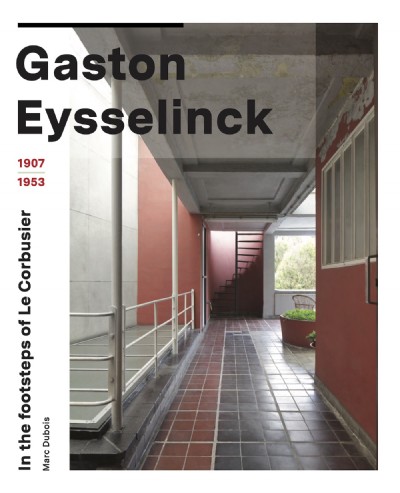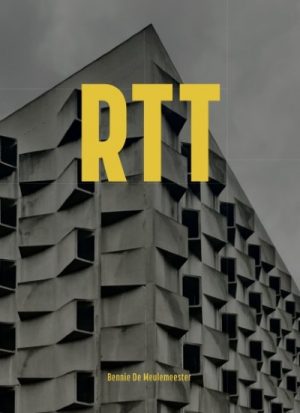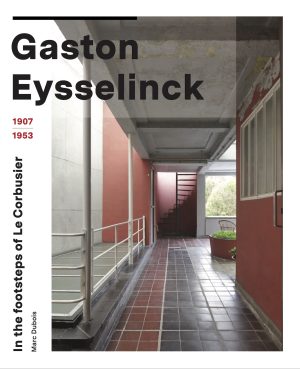The limited oeuvre of the Ghent architect Gaston Eysselinck provides some of the most compelling evidence of innovation in Belgian architecture. During his studies he came across publications about the European avant-garde, Russian architecture and the work of Le Corbusier. In November 1930 he took part in the CIAM Congress in Brussels and appeared in the legendary group photo along with Mies van der Rohe and Le Corbusier. His own house, which also includes his office (1930-1931), and the Peeters house (1932), which both appeared in Alberto Sartoris’ publication in Italy in 1935, can be considered as the built manifesto of the ‘Neues Bauen’ (New Building). Eysselinck designed furniture for his home, including several pieces of tubular metal furniture. The architectural plan became increasingly important to him, showing the influence of the work of Adolf Loos. Eysselinck rethought the traditional urban terraced house, often placing the kitchen on the street side. In 1937 he received the Van de Ven Prize, the most influential architectural prize in Belgium at the time. In 1945 he devoted all his energy to the design and construction of the Post & Telegraphy Office building in Ostend (1945-1952), his extraordinary masterpiece. This building demonstrates his quest for an architecture with expressiveness and explicit materiality; it is a building that repositioned architecture. In December 1953 Eysselinck committed suicide, tormented by numerous setbacks, both private and professional. Eysselinck believed in the feasibility of a better future. The control of chaos by the choice of rational order was one of the greatest aims he pursued. In this book we rediscover this powerful and intense oeuvre.
| Author | Marc Dubois |
|---|---|
| Size | 24 x 28,5 cm |
| Publication date | December 2019 |
| ISBN | 9789461615787 |
| Pages | 328 |
| Illustrations | 300 |
| Format | Hardcover |






Reviews
There are no reviews yet.